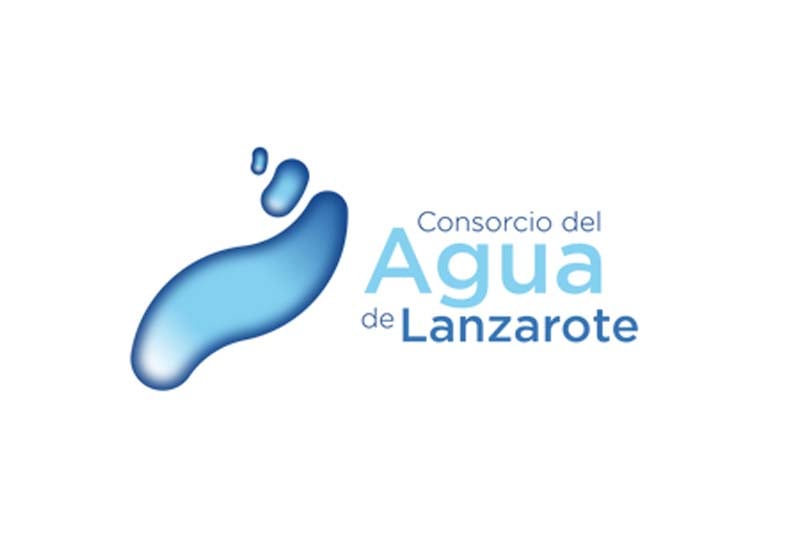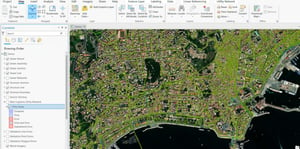The Consorcio del Agua de Lanzarote (a joint body of the Cabildo and the island’s seven municipalities) has opened a public tender to deploy an island wide remote monitoring system aimed at reducing water losses and improving operational efficiency. The €878,773 project carries a six-month execution timeline and forms part of the Cabildo’s broader digital-transformation strategy for public services.
According to the tender documents, the initiative will introduce near–real-time monitoring and automated control across Lanzarote’s drinking-water distribution system, a network historically affected by leakage rates common in many Spanish island territories where resources are scarce and desalination is essential.
An Integrated Digital Layer For Water Network Oversight
The project will equip strategic points of the network with smart meters, pressure and flow sensors, automated valves and a centralised control platform. These components will feed operational data back to the Consorcio, enabling continuous tracking of pressure, storage levels, demand patterns and water quality.
The architecture is designed to compare inflows and outflows across hydraulic sectors, flagging discrepancies that indicate leakage, meter inaccuracy or abnormal consumption. The digital platform should also allow operators to visualise network behaviour through geospatial dashboards and trigger targeted interventions using event-driven alarms.
Automated Intervention And Faster Incident Response
A key capability described in the tender is the system’s automated response layer. When anomalies are detected, the platform can execute predefined actions such as modulating pressure, isolating sectors or closing valves without waiting for field-team deployment. This reduces the time between incident detection and containment, especially in hard-to-access or rural areas of the island.
The Consorcio expects the system to improve the efficiency of hydraulic operations and reduce energy consumption by allowing pumping schedules and flows to be aligned more precisely with real demand. Improved detection of non-visible leaks and measurement errors is also anticipated to reduce operational costs across the desalination-to-distribution chain.
Strategic Importance For A Desalination-Dependent Island
Lanzarote relies almost entirely on desalinated water, making losses especially expensive. Similar projects across the Canary Islands have shown that remote monitoring can reduce non-revenue water by 10–25% (assumption noted below), depending on asset condition and network age. For insular territories with high energy costs for water production, efficiency improvements translate directly into sustainability and financial resilience.
The Cabildo frames this deployment as a foundational step toward a more digitised, predictive management model capable of supporting long-term adaptation to climate variability and growing population pressures.
Tender Process And Implementation Timeline
The tender is being processed through a simplified open procedure, with bids accepted electronically until 10 December 2025. The evaluation of economic proposals is scheduled for 17 December 2025.
Once awarded, the contractor will deploy remote monitoring capabilities across all hydraulic sectors of Lanzarote, integrating existing infrastructure with the new digital control layer.








